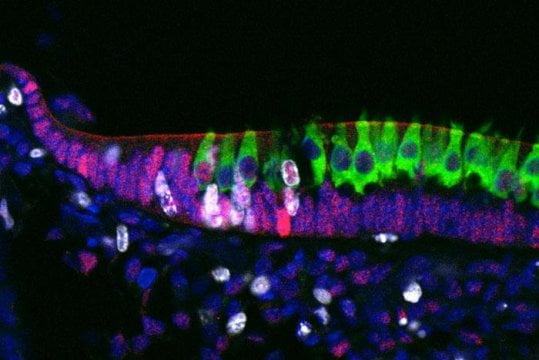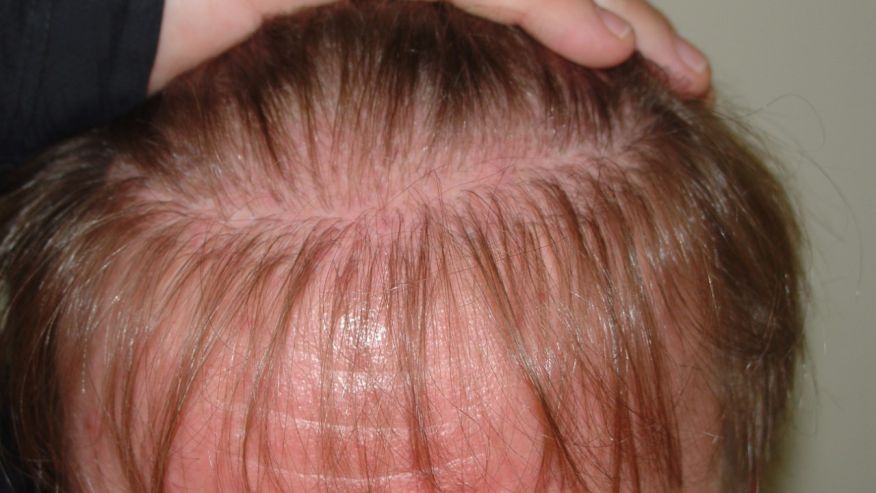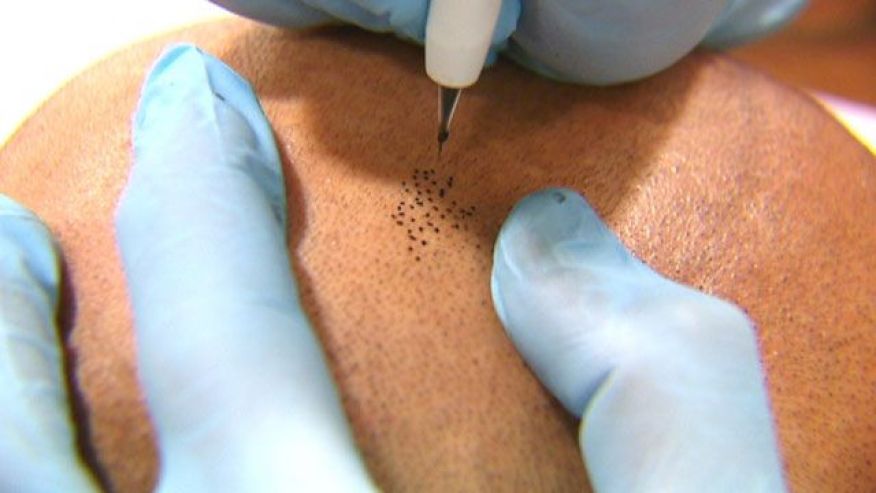Addicts in a new study at the University of Houston will strap on virtual reality headsets and navigate a “heroin cave” to help them try and kick their addictions.
Researchers are looking to see if making their way through a simulated house party crammed with stimuli aimed at evoking cravings for the drug will help better equip those who suffer from addiction to do so in the real world.
The heroin environments, a house party where the drug is snorted and one where it is injected, took nearly a year to complete to ensure realism, its creators said.
The study from the University of Houston Graduate College of Social Work uses an eight-camera infrared system that projects life-sized 3D avatars and environments with which participants can interact in a virtual reality chamber known as the “heroin cave.”
Details from an open pizza box on the back patio to cash tossed on a table next to a cigarette lighter are meant to augment sensations and trigger a heroin craving.
“In traditional therapy we role-play with the patient but the context is all wrong,” said Patrick Bordnick, an associate dean of research and one of the study leaders.
“They know they’re in a therapist’s office and the drug isn’t there. We need to put patients in realistic virtual reality environments and make them feel they are there with the drug, and the temptation, to get a clearer picture and improve interventions,” Bordnick said.
Data from Bordnick’s past virtual reality studies on other types of addiction such as cigarettes have shown that participants report a higher level of confidence to resist temptation in the real world after learning coping skills in virtual environments.
“We want to know if decreasing craving in a lab modifies heroin use in the real world,” Bordnick said.
[Source:- Reauters]
















